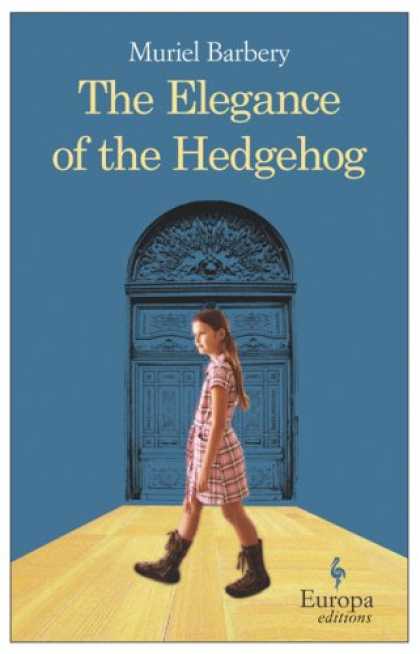 The narrator of the book is John Ames, a reverend in small-town Iowa, who started a family very late in his life. He shares some early memories of his father and grandfather, who were both pastors as well, and the early tragedies he faced as a young man. In writing to his son, he expresses how his late marriage to the boy's mother was one of the greatest joys of his life, a relationship as unexpected and unique as it was satisfying and special. He also expresses many of his theological beliefs and doubts, recalling his past sermons and the years he spent shepherding the small church. Yet he does this without a touch of arrogance, instead emphasizing his flaws and jealousies in the spirit of transparent humanism.
The narrator of the book is John Ames, a reverend in small-town Iowa, who started a family very late in his life. He shares some early memories of his father and grandfather, who were both pastors as well, and the early tragedies he faced as a young man. In writing to his son, he expresses how his late marriage to the boy's mother was one of the greatest joys of his life, a relationship as unexpected and unique as it was satisfying and special. He also expresses many of his theological beliefs and doubts, recalling his past sermons and the years he spent shepherding the small church. Yet he does this without a touch of arrogance, instead emphasizing his flaws and jealousies in the spirit of transparent humanism.Somewhat unintentionally, Ames shifts his journal to recounting the story of his best friend's son, Jack Boughton. Ames has been involved in Jack's life since the day he was born, as he was named after the humble reverend. However, the relationship has been colored by jealousies, concerns, shames, and disappointments. Ames cares for Jack but doesn't know quite how to respond to him. He worries over Jack's influence on his own young family, but he also feels guilty for holding such worry. A bit reluctantly, Ames reveals Jack's "prodigal son" story piece by piece, filling it with his mixed emotions and personal struggles involved. Four years after publishing Gilead, Robinson wrote a companion novel called Home, which tells the story of Jack Boughton from a different perspective.
The structure of this novel is not shaped around a fast-moving plot that demands your attention, which is probably why I missed so much of the inspiration of it in my first reading. But I do not mean to suggest that it is boring, for as I approached the book with new eyes in my second reading, I consumed the pages within just two days of first picking it up. The words nourished me, though they also reminded me of the sadness from which I had been moving away. Most significantly, however, they reminded me of the meaningful change that the sadness had instilled in me over the last two years.
Thus, if you are looking for a page-turner, this might not be the best book for you. But if you have been through any kind of sorrow in your life - whether it was a death or a personal struggle - I think that Robinson's words will rise from the pages and speak into your heart. The narrator's unassuming tone allows for connection without self-importance, revealing just how universal so much of our human suffering can be. And the most hopeful, inspiring thing we can draw from our suffering is an acknowledgement of the beauty within it. All the imperfections and disappointments, the tragedies and mishaps, can contain a brilliant spark of beauty if we are only willing to look for it.
“Our dream of life will end as dreams do end, abruptly and completely, when the sun rises, when the light comes. And we will think, All that fear and all that grief were about nothing. But that cannot be true. I can’t believe we will forget our sorrows altogether. That would mean forgetting that we had lived, humanly speaking. Sorrow seems to me to be a great part of the substance of human life.”

